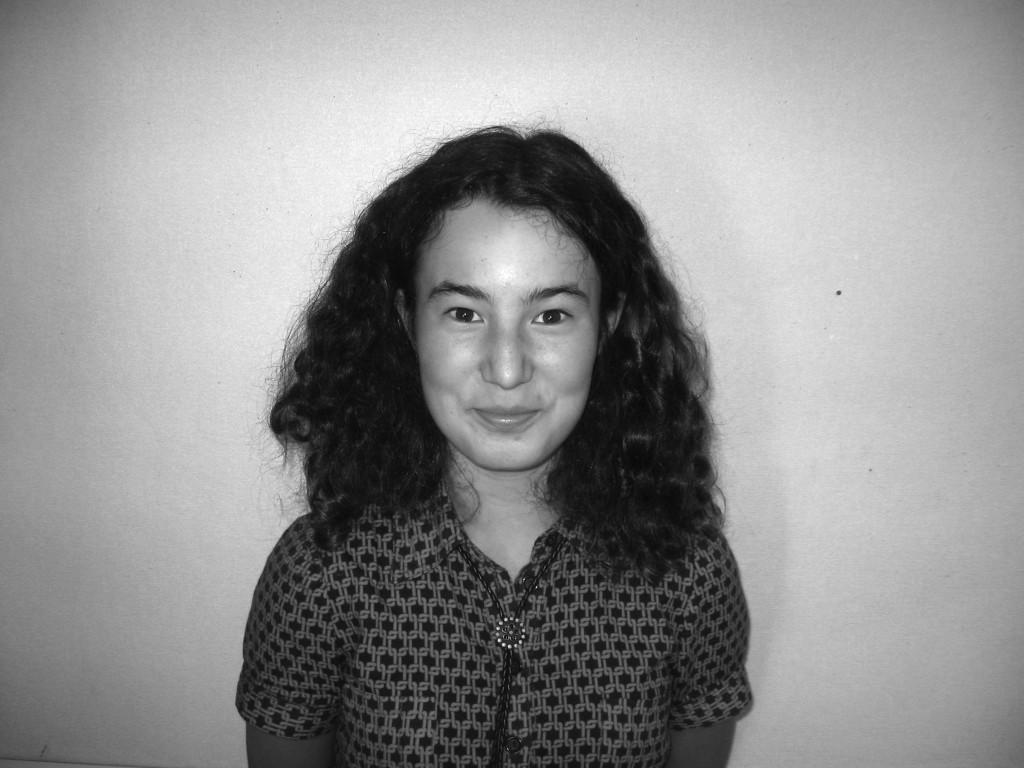The Urban Legend strives to publish facts, not legends, as its name conveys. Here in the newsroom we strive to report complete quotes and we fact check each story for accuracy. A good newspaper should inform readers of pertinent truths, be they rural or urban. But beginning with this issue, I’ll address something you don’t often find in our pages — our personal legends.
First, you should know that the word “legend” in this column won’t refer to Robin Hood, the Headless Horseman, or Bigfoot.
A legend is used to decipher a map. I will use my brain’s legend to navigate the map of issues I’ll write about. My legend is specific to my mind and you, too, have a unique legend. We all interpret issues differently because we have different legends.
Everyone needs one to guide her or him. The issues surrounding us are too vast to simply glance at; we need a method for interpreting and steering through the daunting multitude. For example, one student may be opposed to the recent grading policy changes at Urban, while another may welcome the changes. Yet another student may not know what to think. By learning about a specific issue we can develop our legends to help guide us in communicating our opinions and work towards change.
Beyond the individual, different people’s legends compare and interact in exciting ways. Urban History Teacher Rebecca Shapiro believes “we’re less likely to challenge our own beliefs if we don’t hear conflicting or different views from others.” Not only that, but “differing opinions in politics are unavoidable.” Contrasting views aren’t the problem: it’s “our ongoing failure to listen closely and critically to each other,” Shapiro said.
In this upcoming column, I’ll write about issues inside and outside of Urban, possibly ranging from our excessive pizza consumption to American homelessness. I’ll use my legend to steer my mouth (or rather, my fingers on the keyboard).
If you feel strongly about something, please contribute your legend to the Opinions section and help others (and yourself) interpret that particular issue. We need as many legends on the map to work towards hearing from all sides.
A note about my role this year as Opinions editor: the Legend strives to be objective, but I welcome differing writers’ and readers’ ideas. We want to hear everyone’s voice and investigate, display, and celebrate different opinions. Personal experience influences how we look at issues. So, the ones we look at are a mixture of what we see (objectively) and how each person understands them (subjectively). You need both to fully look at an issue.
Don’t read The Urban Legend’s name as a contradictory title – we love legends and myths, but we want to bust them, not publish a paper rent with fabrication. Instead, use this newspaper as a supplement to your legend and steer yourself through each issue presented in every story. If you get lost, remember your own legend and don’t let it slip behind the daunting territory. You need to use it if we’re ever going to solve these problems.


